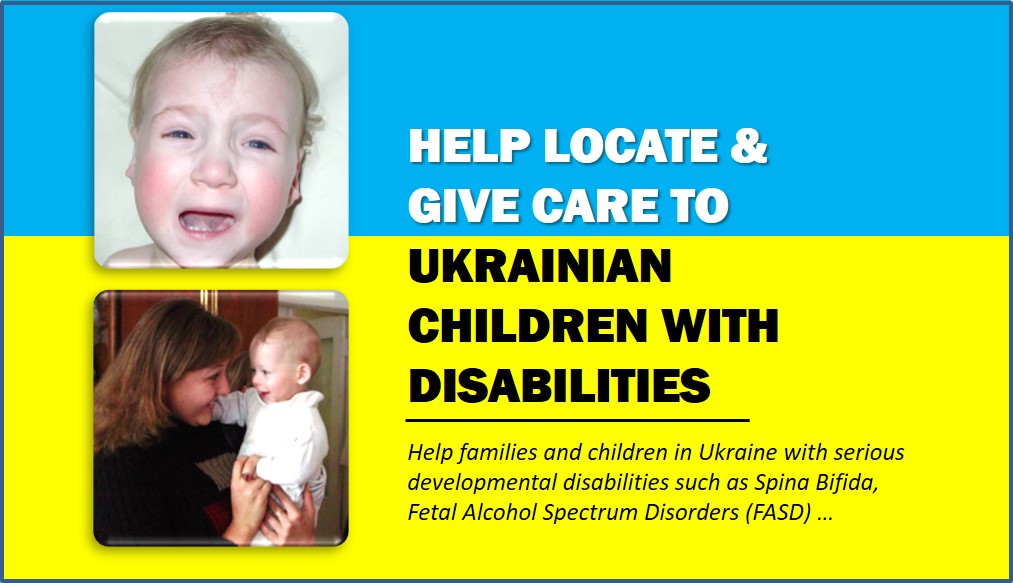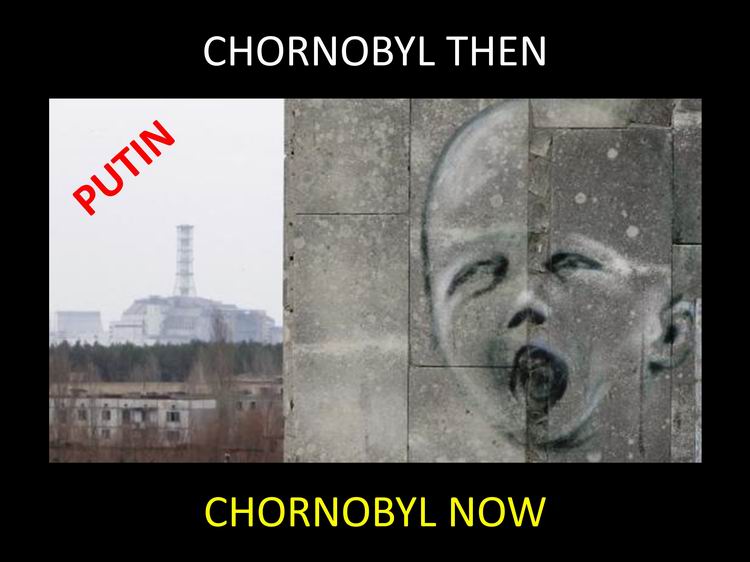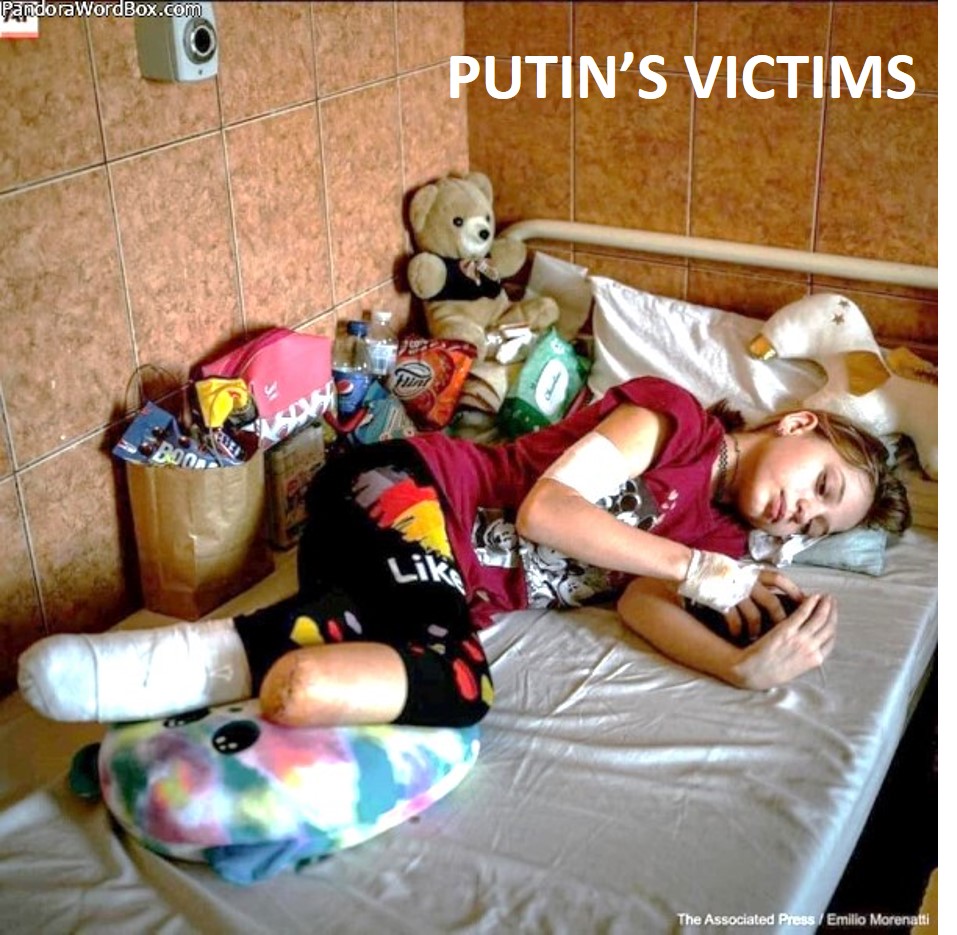 |
||
| Extract from: American Journal of Medical Genetics 33:522-536 (1989). Requests for Reprints University of South Alabama, College of Medicine,
| ||
Part 6
Since "retirement" Don José has written over 100 scientific reports and has expanded his horizons "from Pediatrics to Geriatrics" [Warkany, 1985]. His interest in the human condition is acute, and recently he remarked how "... in advanced countries, the causes of bad health include maladaptation, faulty relationships, poverty, ignorance, [and] fear" and asked "... how are such to enter into cold calculations of cost-benefits and who should appoint such accountants?... the medical profession and its related institutions ... were declared businesses ... and in spite of this shameless system, the progress has been fantastic".Don José is a man of action and optimism; despair is foreign to him. His realism is triumphant and often is contrary to prevalent views:
Being ignorant of the causes of spontaneous mutations implies that direct prevention is not possible ... teratologic experimentations ... are endless enterprises ... seldom useful in prevention of the malformations these workers deal with ... we must reconsider our methods ... not only emphasize frontal attacks but also consider less glamorous indirect methods ... malformations like all diseases and all events in this world-are determined by long chains of causative factors-these chains can sometimes be interrupted by cutting their weak links- ... enigmatic cases ... deserve mention and description irrespective of their value to established disciplines ... generalizations and imaginative concepts ... are less needed than facts ... (concerning massive studies of uncertain value and quoting J. H. Poincare) ... chance is a measure of our ignorance ... if so, statistics is ignorance made respectable ... yet ignorance cannot be respectable even when dressed up in mathematical formulas.
Like Goethe, Don José recognizes that mathematics is best suited for the study of mechanical phenomena.
In Don José I continue to find a cohesive philosophy of nature. As a realist he derives his strength from experience. While he abstains from metaphysics and has little confidence in dreamers, he acts in the sphere of the human character:
It seems doubtful that it is necessary in our times to sacrifice the weak for the strong, the retarded for the advanced and to look at the management of the extremes as alternatives. There are situations in which the physician may doubt that preservation of life of a severely defective child is justified or defensible. But preservation of life is the physician's task.... a charitable attitude toward the weak, the deformed and the mentally handicapped-irrational as it may seem sometimes to clever analysts-apparently has a beneficial effect on the society that maintains it and fosters it. We have witnessed in our lifetime fine civilizations and states go down to ruin, destroyed ... not by ... their weak and deformed but by apparently well-formed physical specimens whose minds were considered superior by millions of their fellow citizens. Since our society and our laws protect the life of the imperfect child, we must contribute to its care and rehabilitation. It does not seem right to leave the entire financial and emotional burden to the parents, whose misfortune is undeserved. Abnormal children teach us a great deal.... To contribute to their care is the price to be paid by those who have normal children-the price to be paid for overcoming the barbarism and cruelty inherent in the societies that eliminate the weak and dispose of the deformed [Warkany, 1971, pp. 28].
Perhaps, as voracious humanity accelerates its consumption of nature, the thoughts offered by Don José will illuminate our search for answers to questions implying judgments of life, human or not, perfect or imperfect-and about who should appoint such judges. Like Albert Schweitzer recently, and others since antiquity- Don José finds nature, truth, and ethics inextricably intertwined.
REFERENCES
(1928): Proceedings of the Third Race Betterment Conference. Battle Creek, Michigan: Race Betterment Foundation.
Brent RL (1982): Biography of Josef Warkany Teratology 25:137-144. Dignan PS, Warkany J (1989): Dermosyndromes. Pediatr Dermatol (in press).
Glasser MA (1986): March of Dimes Award to Dr. Josef Warkany. Am J Med Genet 25:681-684.
Schweitzer A (1961): "Goethe-Five Studies." Boston: Beacon Press.
Szent-Gyorgyi A (1974): Research grants. Perspect Biol Med Autumn: 41-43.
Warkany J (1950): Advisability of parenthood. In Nelson W (ed): "Mitchell-Nelson Textbook of Pediatrics." London. W.B. Saunders Company, pp 279-283.
Warkany J (1951): Congenital anomalies. Pediatrics 7:607-610.
Warkany J (1956): The role of congenital anomalies in tbe etiology of chronic diseases. J Chronic Dis 3:46-100.
Warkany J (1958): The need for parental counseling in pediatrics. Eugenics 5:4-8.
Warkany J (1966): Acrodynia-postmortem of a disease. Am J Dis Child 112:147-156.
Warkany J (1970): Acceptance of the Howland award. Pediatr Res 4:431-434.
Warkany J (1971): "Congenital Malformations, Notes and Comments." Chicago: Year Book Medical Publishers, Inc.
Warkany J (1977): Research once and now. In Mulvihill JJ, Miller RW Fraumeni JF (eds): "Genetics of Human Cancer." New York: Raven Press, pp 483-488.
Warkany J (1978): Terathanasia. Teratology 17:187-192.
Warkany J (1979): Prevention of congenital malformations. Contrib Epidemiol Biostatist 1:190-197.
Warkany J (1981): Prevention of congenital malformations. Teratology 23:175-189.
Warkany J (1984): Laissez-Faire in research. J Am Coll Nutr 3:177-181.
Warkany J (1985): From pediatrics to geriatrics. Dev Neuropsychol 1:95-98.
Warkany J (1986a): Unusual children. Dev Neuropsychol 2:147-154.
Warkany J (1986b): Acceptance of the Clinical Genetics Award from the March of Dimes. Am J Med Genet 25:685-686.
Warkany J (1988a): Story of a Teratologist. In Kalter H (ed): "Issues and Reviews in Teratology," Vol. 4. New York: Plenum Publishing Corp, pp 1-79.
Warkany J (1988b): Why I doubted that thalidomide was the cause of the epidemic of limb defects of 1959 and 1961. Teratology 38:1-3.
Warkany J (1988c): Teratogen update: Lithium. Teratology 38:593-596.
Warkany J (1989a): Historical considerations and animal models "Anomalies of the Developing Central Nervous System: A Compre hensive Approach to Diagnosis and Management." Boston: Blackwell Scientific Publ. (in press).
Warkany J (1989b): Prevention of congenital malformations. Kuwait J Med Sci (in press).
Warkany J, Hubbard DM (1948): Mercury in the urine of children with acrodynia. Lancet 1:829.
Warkany J, Hubbard DM (9151): Adverse mercurial reactions in the form of acrodynia and related conditions. Am J Dis Child 81:3353 .
Warkany J, Nelson RC (1940): Appearance of skeletal abnormalities in the offspring of rats reared on a deficient diet. Science 92:383-384.
Warkany J, Nelson RC, Schraffenberger E (1942): Congenital malformations induced in rats by maternal nutritional deficiency. Am J Dis Child 64:860-866.
Gallery of Etchings by Dr. Josef Warkany





